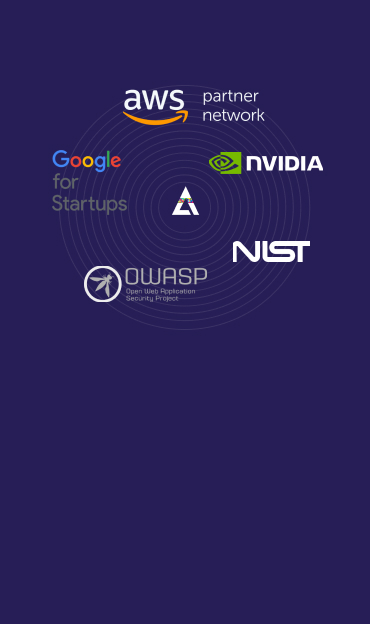AI incidents
Demonstration attacks have been launched since 2015, when 2014 Jeep Cherokee was “ethically” hacked. The same repeated in 2017 and 2018 with different Tesla models. Finally, in 2020 researchers managed to hack a Lexus NX300.
Fortunately, most of the hacks in autonomous vehicles were carried out by researchers, but this only further highlights the presence of vulnerabilities in systems of smart cars, which could one day be exploited by attackers.
Spontaneous locking and unlocking of doors, as well as exceeding the speed limit and other traffic violations that entail fines for the car owner, these are just a few of the problems that can arise if smart vehicles are hacked. If hackers manage to break into a smart car’s system and gain control over it, they can initiate a whole series of different road incidents.
How we can help with AI risk management
Our team of security professionals has deep knowledge and considerable skills in cyber security, AI algorithms, and models that underlie any content moderation system. Your algorithms can be tested against the most critical AI vulnerability categories that include Evasion, Poisoning, Inference, Trojans, Backdoors, and others.
We offer Solutions for Awareness, Assessment, and Assurance areas to provide 360-degree end-to-end visibility on the AI threat landscape.
- Secure AI Awareness to demonstrate AI risks and shape AI governance strategy. It consists of Policy Checkup, AI Risks Training Threat Intelligence for informed decisions.
- Secure AI Assessment helps to perform AI integrity validation and identify AI vulnerabilities through Threat Modeling, Vulnerability Audit, and automated AI Red Teaming.
- Secure AI Assurance helps to remediate AI risks and implement a lifecycle for AI integrity. It consists of Security Evaluation, Risk Mitigation, and Attack Detection.



